
It was not long ago that we updated this list to include Microsoft’s blockbuster acquisition of LinkedIn for $26 billion.
Big purchases haven’t stopped there, however. At least one more – SoftBank’s acquisition of ARM – emerged in the range of tens of billions of dollars. In comparison, Verizon’s purchase of Yahoo for $4.8 billion US, Oracle buying cloud vendor NetSuite for $9.3 billion and Avast’s purchase of AVG for $1.3 billion all in the last month don’t even make the cut.
One other that has been bumped off the list is Microsoft’s purchase of Skype for $8.5 billion in 2011.
Let’s look at the new rankings, which have been updated as of Mar. 13, 2017 – and expanded to a Top 11 list because we didn’t want to keep bumping such epic deals off the list.
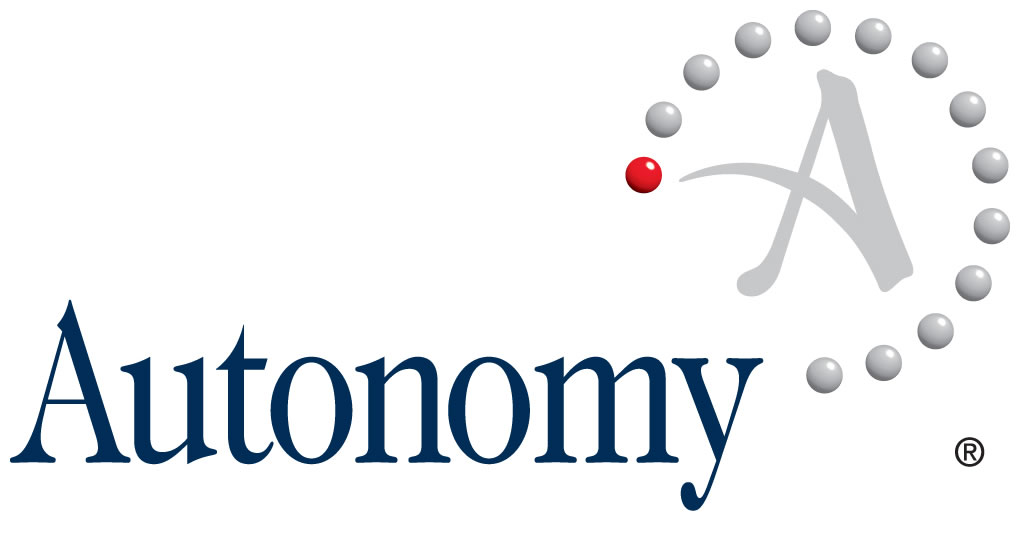
11. HP buys Autonomy ($10.3 billion, 2011)
At one time, HP was the king of acquisitions. Less than a decade after buying Compaq for $17.6 billion, HP decided to make another big purchase. As in the case of Compaq, its acquisition of software maker Autonomy in 2011 proved unwise; HP admitted a year later that it had overpaid for the company, accusing Autonomy of cooking the books.
Since the deal turned sour, the companies have resorted to finger pointing, with both HP and Autonomy execs fired in the process.
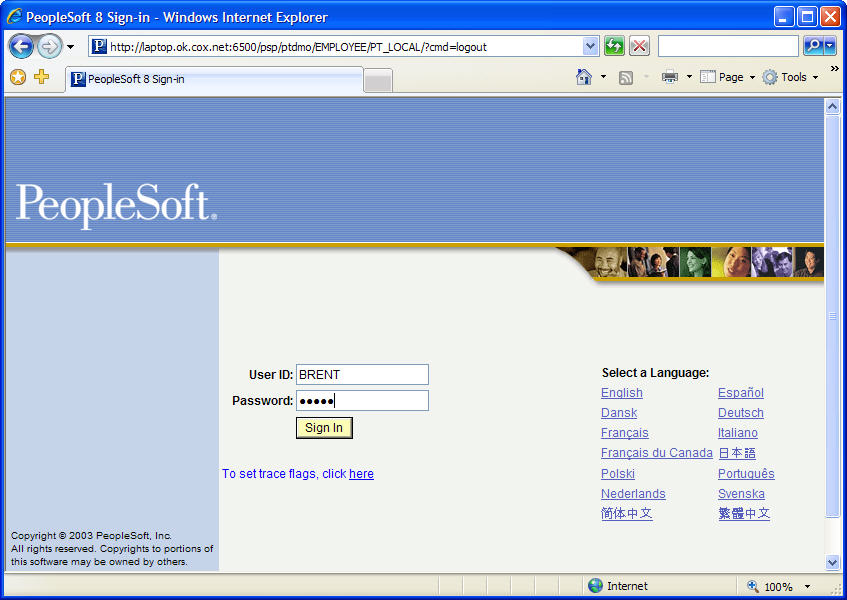
10. Oracle buys PeopleSoft, ($10.3 billion, 2005)
Oracle did not have an easy time acquiring PeopleSoft. The company, which today is the second largest software maker by revenue (after Microsoft), spent a year and a half aggressively going after rival software maker PeopleSoft. It finally came to friendly terms in 2005 when it offered $10.3 billion in cash, or $26.50 a share for the company, up from $9.2 billion or $24 a share which it had previously claimed was its last offer.
9. Google buys Motorola ($12.5 billion, 2011)
In what may sound like a bad deal on paper, Google paid $12.5 bn for Motorola’s mobility business only to sell it to Lenovo for $2.91 billion a couple years later. Yet, this would be to misunderstand Google’s strategy for buying Motorola in the first place.
Unlike most other acquisitions, this was about Google acquiring patents (which the search giant retained after the sale to Lenovo) to defend itself against Apple rather than have an integrated hardware maker. In the end, with the purchase process and delays applied and Lenovo’s payment factored in, Google only paid about $3.5 billion for Motorola’s patent portfolio.
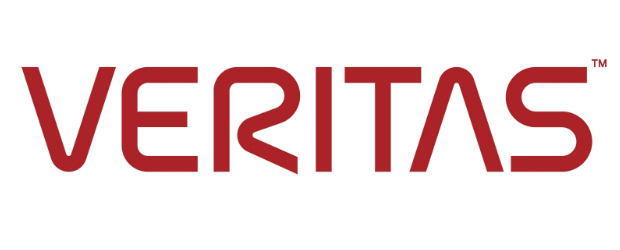
8. Symantec buys Veritas ($13.5 billion, 2005)
In what would be a decade in the making, storage management software maker Veritas Software Corporation was purchased in 2005 and only reemerged as Veritas Technologies Corporation under Symantec that year.
During this time, the software developer was first integrated into Symantec before the latter announced (last October) it would be splitting off the subsidiary, which now handles information management. With the purchase, however, Symantec gained access to Veritas’ various Fortune 500 clients.
7. Intel acquires Mobileye (#15.3 billion, 2017)

Intel Corp. announced in mid-March that it will be acquiring Mobileye NV, an Israel-based company specializing in chips for vision-based autonomous vehicles, in a deal valued at approximately $15.3 billion. An Intel subsidiary will buy all Mobileye shares for $63.53 per share in cash as the company ramps up investment in the automotive industry to become a leader in self-driving technology.
However, the transaction is unique in the sense that instead of Mobileye being integrated into Intel like a typical acquisition, “Intel’s Automated Driving Group will be integrated into Mobileye,” says Ziv Aviram, the company’s cofounder, president and CEO, in a Mar. 13 email to employees. The deal will create a global autonomous driving organization that will be headquartered in Israel and led by Amnon Shashua, Mobileye’s other cofounder, as well as chairman and CTO.
6. HP buys EDS ($15.4 bn, 2008)
The second largest of HP’s giant acquisitions was of EDS (Electronic Data Systems), an infrastructure, applications, and business process outsourcing service provider.
Despite the huge sum, price per share for EDS was only $25. The company itself was quite large, with 210,000 employees worldwide. The deal was approved unanimously by both HP and EDS boards of directors.
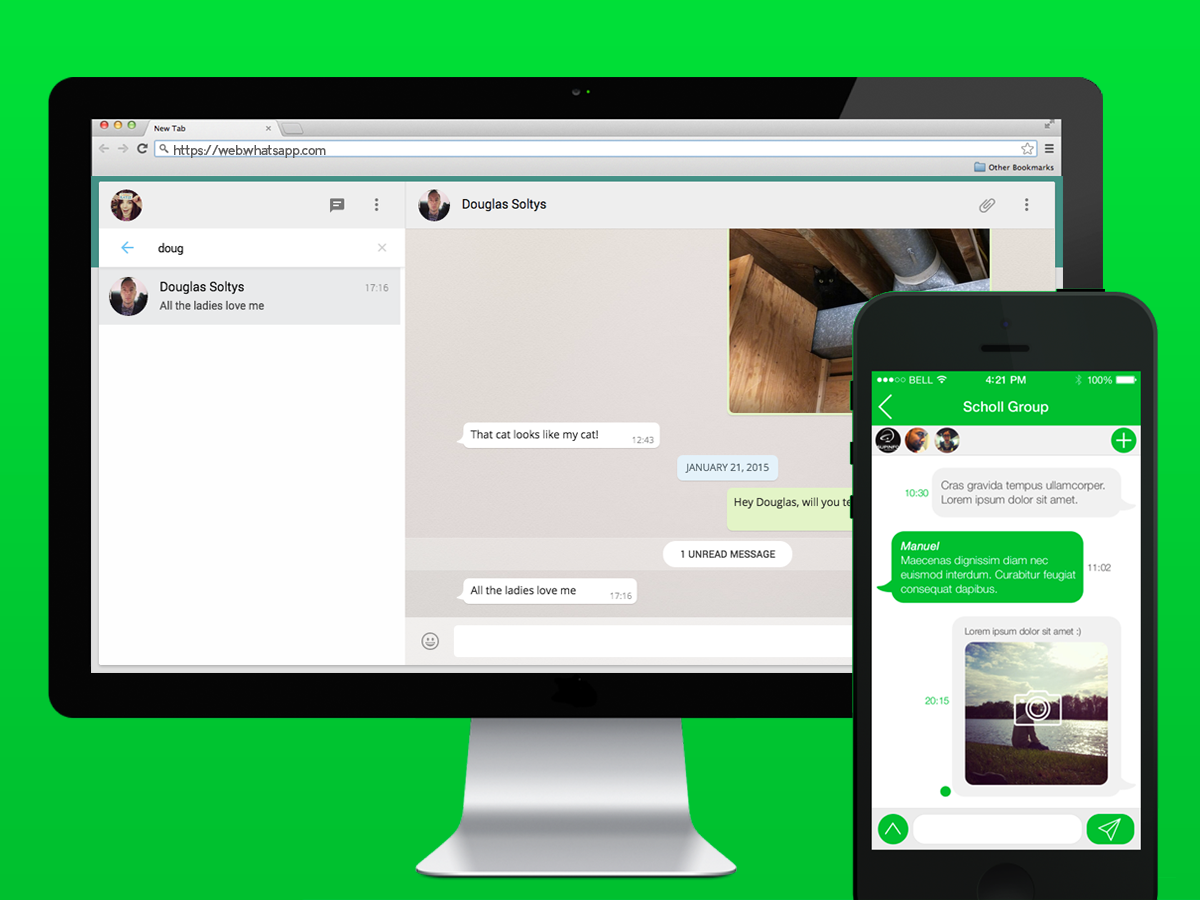
5. Facebook buys WhatsApp ($19 billion, 2014)
Is $19 billion too much to pay for an app? Not if you’re Facebook, and not if your goal is to simply amass as many users (and their data) as you can.
The 2014 deal, which may have costed the social network up to $22 billion when all was said and done, netted it more than just a hugely popular internet-based messaging app, it also came with 450 million users.
In January this year, WhatsApp’s user base had grown to 700 million.
4. Microsoft buys LinkedIn ($26 bn, 2016)
There is a new acquisition in third place, and the title goes to Microsoft. The spot was formerly held by Facebook’s acquisition of WhatsApp.
At $26 bn, this deal would become not only the third largest tech acquisition of all time, but also Microsoft’s largest acquisition under CEO Satya Nadella. However, he is far from the first executive to try to put a stamp on the company with an acquisition.
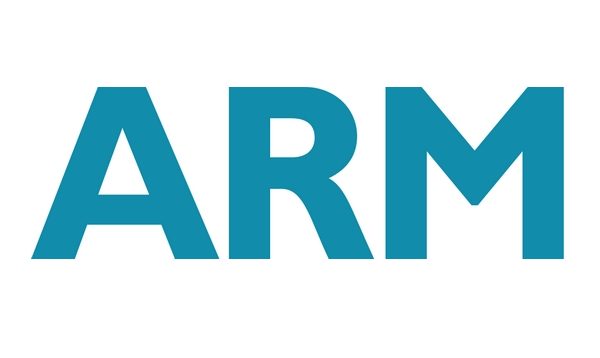
3. SoftBank buys ARM ($32.3 bn, 2016)
The new entry to the top 10 tech acquisitions list reached an impressive No. 3 spot. The announcement that SoftBank Group Corp. would be purchasing U.K.-based chip designer ARM Holdings PLC for 24.3 billion pounds ($32.2-billion) represents a sound, but head-scratching, investment by the Japanese telecommunications giant, experts say.
Those that spoke with CDN were up in arms over whether the acquisition of a chip maker – a ubiquitous one at that – was a good strategy for a company better known for software.
2. HP buys Compaq ($33.6 bn, 2001)
The purchase of Compaq was, arguably, one of the worst deals in the tech industry. Back in the days when HP was looking to grow rather than shed parts left and right, it acquired the PC maker at a staggering $33.6 bn. This took place despite the fact that both companies were struggling before the acquisition was announced.
The deal that was touted as a shake-up for the industry led to a drop in HP’s stock prices to less than half, and was accompanied by accusations of vote-buying among shareholders. Then-chief executive and most recently U.S. presidential hopeful Carly Fiorina was fired for trying to put her stamp on the company.
1. Dell buys EMC ($67 bn, 2015)
In what has now become the largest tech acquisition of all time, and one of the largest in any industry, hardware maker Dell purchased storage giant EMC last year for a whopping $67 bn.
The latter will now be renamed to Dell Technologies. The acquisition means that Dell will become relevant in four major areas, namely servers, storage, virtualization and PCs. The company wants to be an end-to-end technology provider.
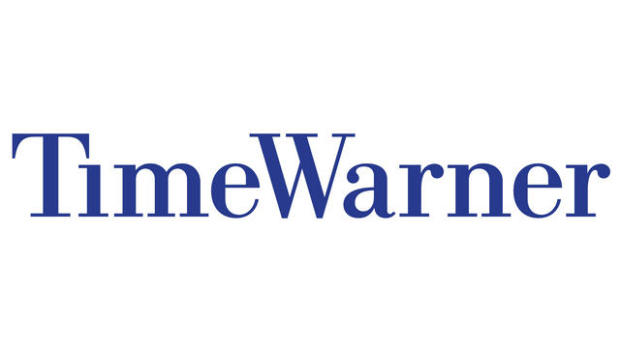
Honourable mention: AOL buys Time Warner ($106 billion, 2000)
While AOL paid the twelve-digit figure for the media corporation, the former has all but faded in part due to the dot-com bust. While not a tech acquisition per se, it’s one that can’t be left off the list.




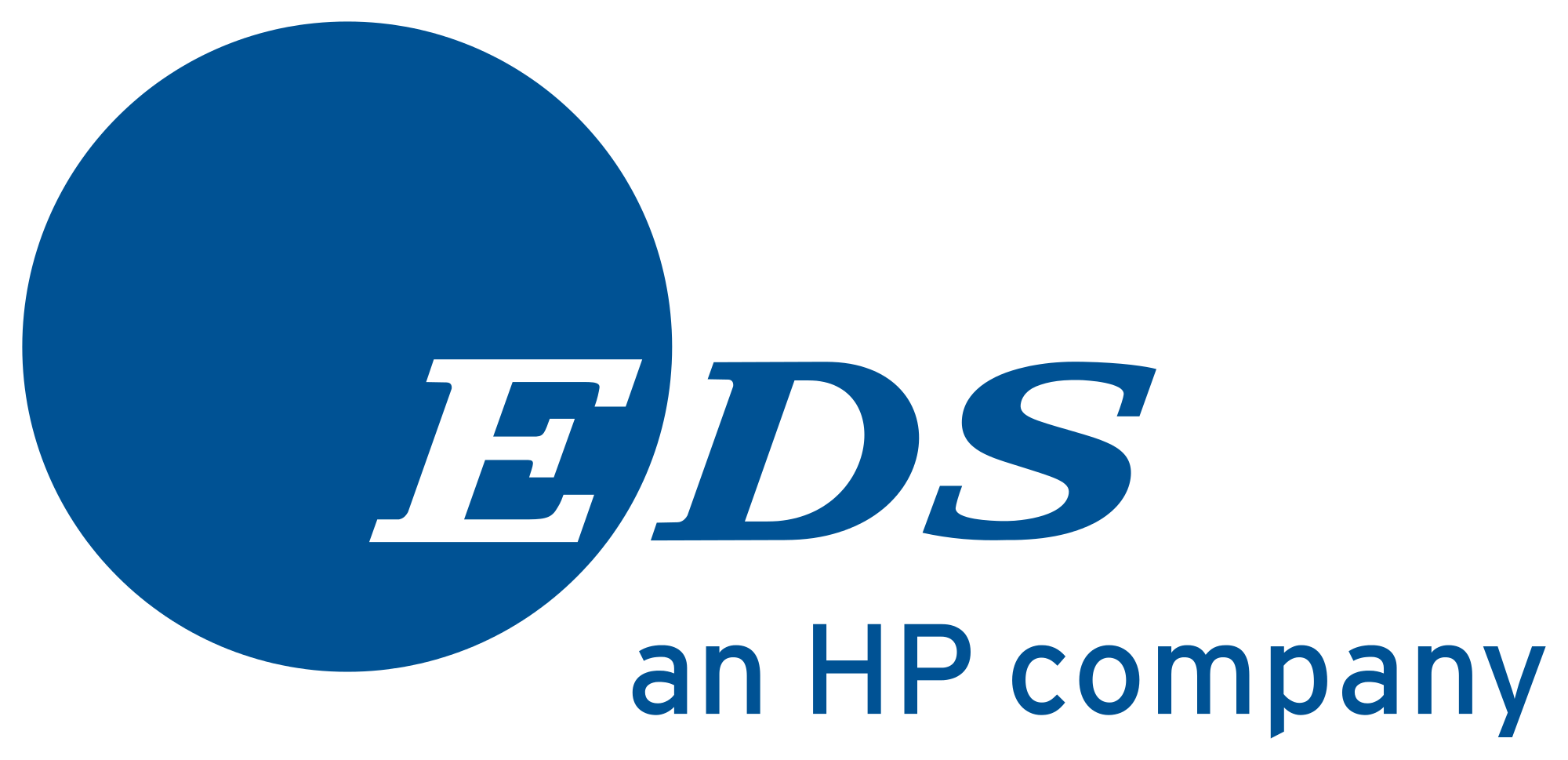
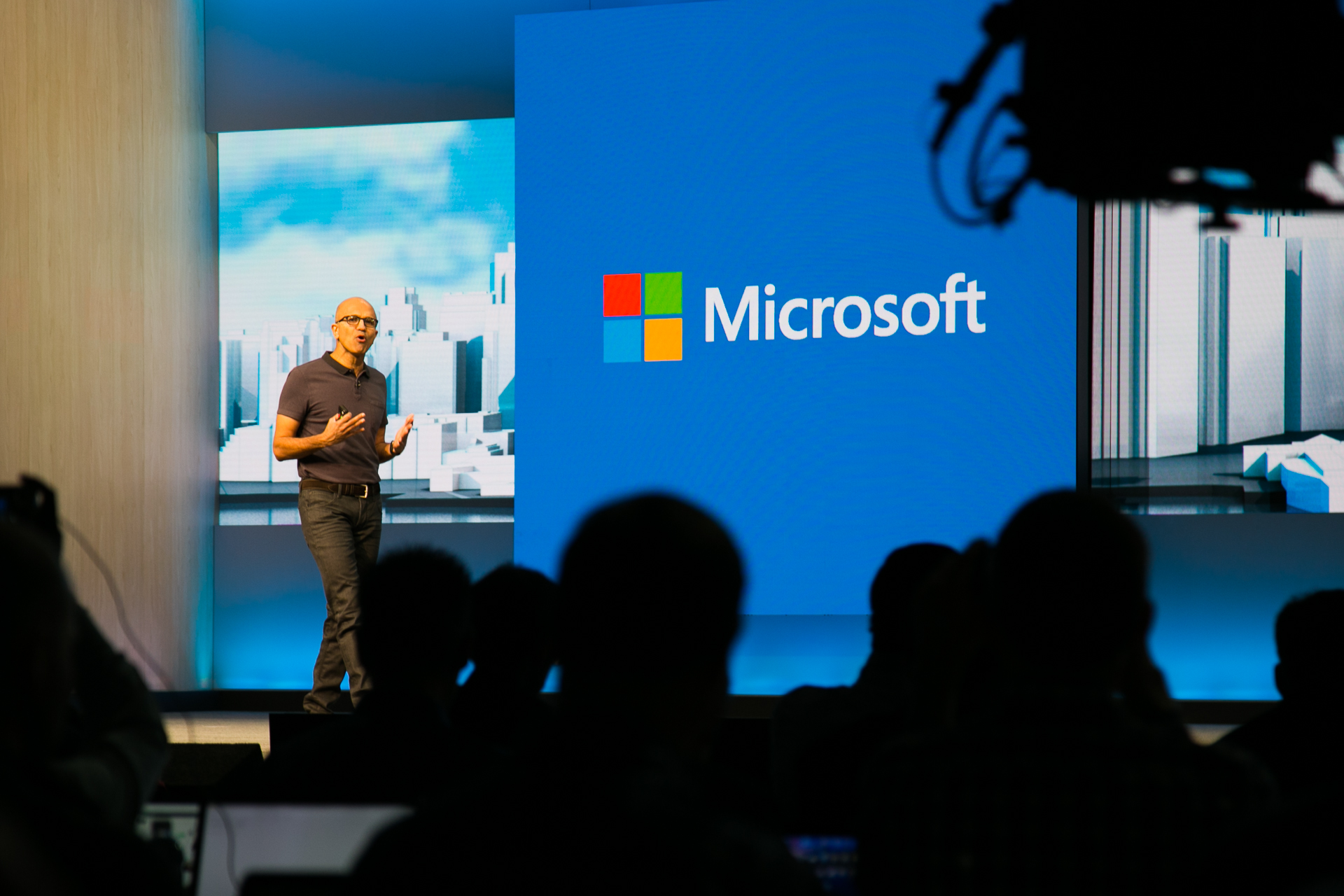
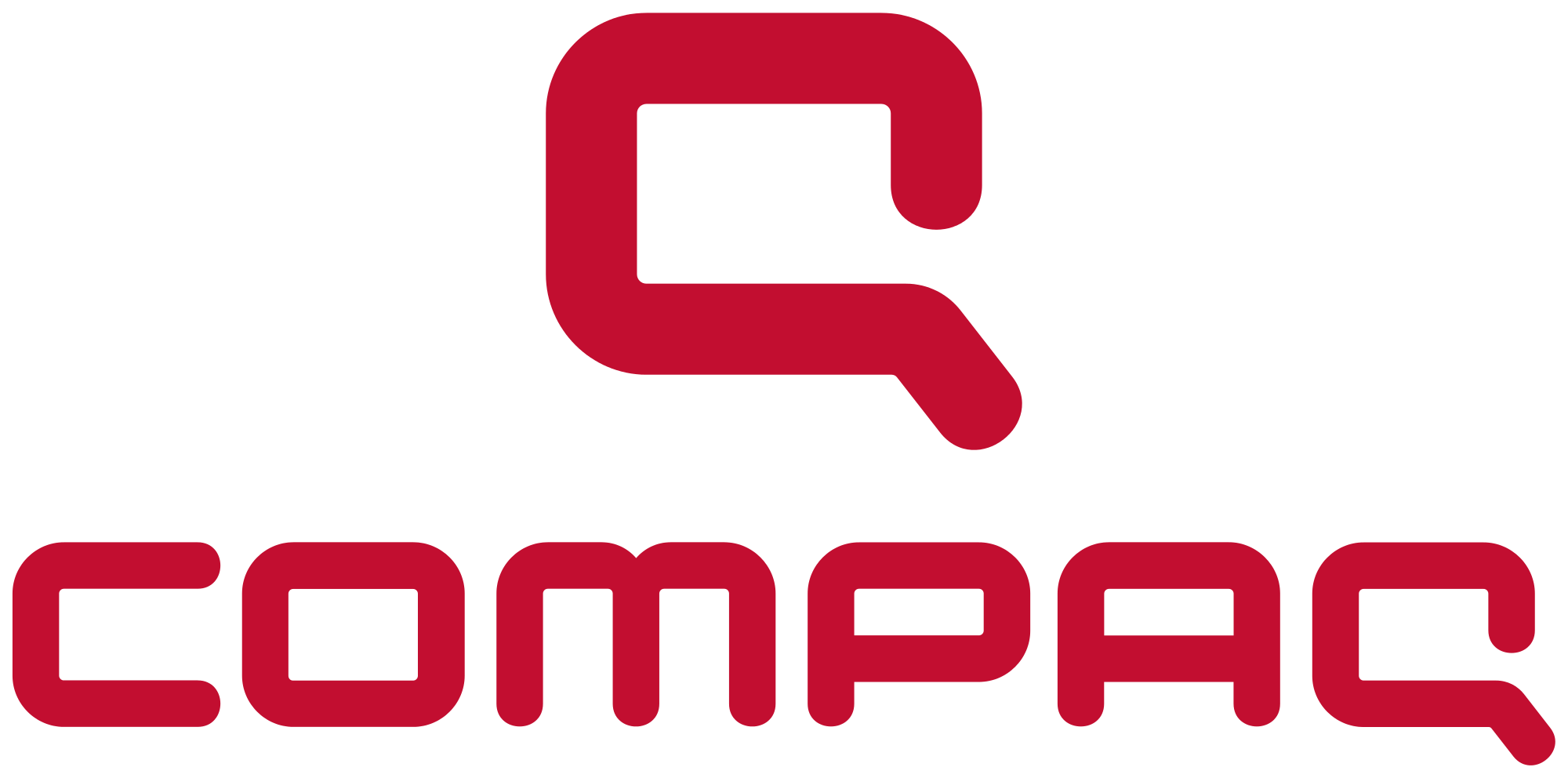
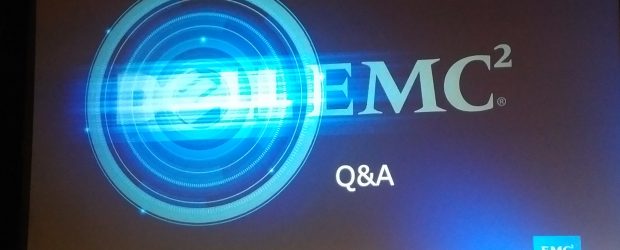
If I recall the correct amount, Compaq acquired Digital Equipment for ~$23Bn in 1998 then the largest hi-tech acquisition of all time